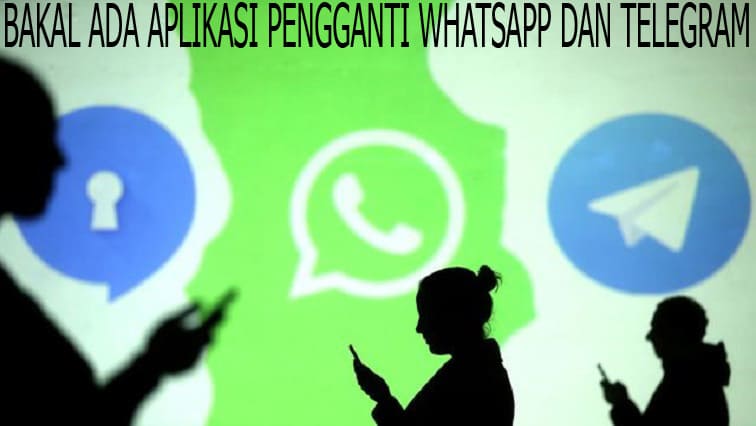As an alternative to Telegram and WhatsApp, the Russian government has formally declared its intention to introduce a national instant messaging service. This initiative is part of the country’s digitalization strategy and cybersecurity sovereignty efforts that have been in motion for the past several years. The app is designed to integrate directly with public services, making it unique compared to foreign platforms that currently dominate the market.
Background of Development
Russia’s push to develop its own messaging app is inseparable from ongoing geopolitical tensions and the need to ensure strategic data remains within the country. Russia’s Minister of Digital Development, Maksut Shadayev, reported directly to President Vladimir Putin that this platform aims to reduce reliance on foreign services while strengthening the nation’s public digital infrastructure.
The Russian government argues that although WhatsApp and Telegram are widely used communication tools, both operate beyond the jurisdiction of Russia. By creating a national messaging system, Moscow hopes to offer a safer alternative that aligns more closely with national interests.
App Features and Advantages
Unlike WhatsApp or Telegram, which are general-purpose platforms, this new app will offer full integration with Russian public services. Deputy Chairman of the Parliamentary Information Committee, Anton Gorelkin, explained that users will be able to access various administrative services directly through the app, such as tax payments, document renewals, and government consultations.
Key promised features include:
- High-quality messaging and voice/video calling
- Access to government digital services directly within the app
- National identity verification, enabling legal use for official matters
- A centralized security system, although it’s unclear whether it will include end-to-end encryption
Comparison with WhatsApp and Telegram
Functionally, this app is still in its early stages and does not yet match the comprehensive features of WhatsApp or Telegram. For example, as of 2023, there were 112 million active WhatsApp users in Indonesia, out of a global user base of over 2.5 billion. Telegram, known for its bots and public channels, has also reached over 1 billion active monthly users.
Meanwhile, research by We Are Social in February 2025 shows that in Indonesia:
- 91.7% of internet users use WhatsApp
- 61.6% use Telegram
- Local apps like Signal are used by only around 9.3% of online users
These statistics highlight that it will be no small feat to compete with these messaging giants. In addition to technical aspects, user comfort and existing social networks are key factors influencing adoption of a new platform.
Public Response and Prospects
While applauding the idea, the Kremlin stressed the value of competition.
Kremlin spokesperson Dmitry Peskov stated that the app must provide the same level of quality and convenience as foreign platforms if it is to be widely adopted by the public.
Though still under development, many believe the app will initially focus on internal government use and civil servants before being rolled out to the general public. This approach is similar to China’s strategy in developing domestic apps like WeChat, which has become an inseparable part of daily life for its citizens.
Conclusion
Russia’s government-developed alternative to WhatsApp and Telegram represents a serious effort to secure digital communications and strengthen tech-based public services. However, significant challenges lie ahead: building a strong user ecosystem, ensuring data privacy, and offering a user experience that equals—or surpasses—that of global apps.
If successful, the app will not only serve as a communication tool but also as a symbol of national digital independence. It is not impossible that other countries—including Indonesia—may follow suit by creating local messaging platforms integrated with government services.

